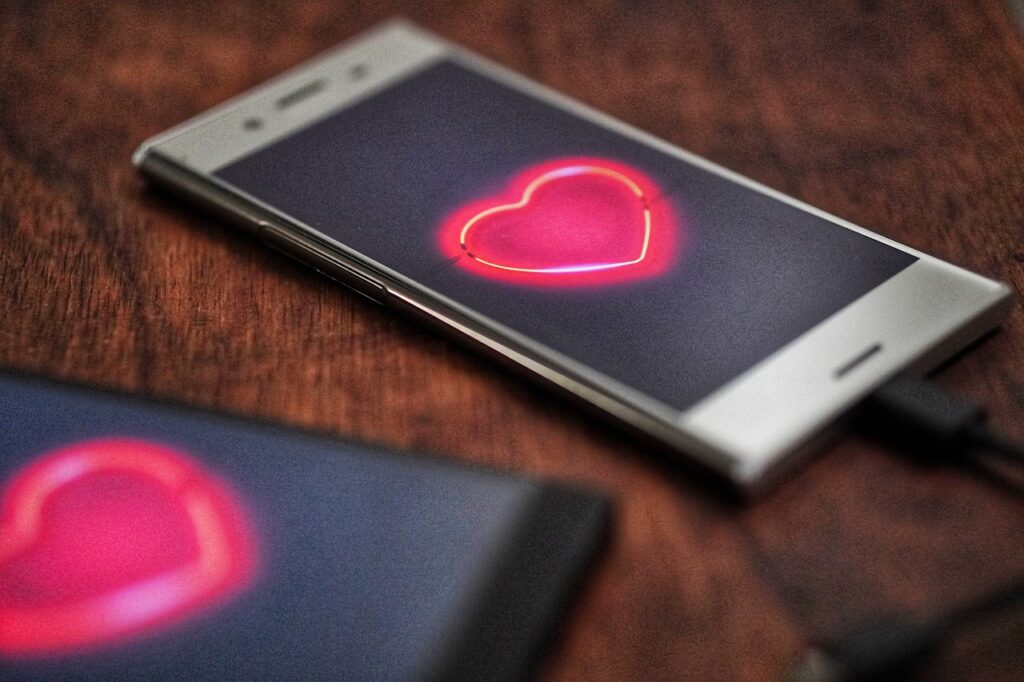In the age of swipes, likes, and instant messages, romance has taken on a whole new meaning. The modern dating world no longer revolves around chance encounters at a coffee shop or being set up by mutual friends. Instead, it unfolds through screens, bios, and algorithms. Online dating—especially app-based dating—has become a central part of how people meet and fall in love (or at least attempt to).
But while dating apps offer convenience and variety, they also come with unique emotional hurdles and social dynamics that previous generations never had to face. From exhilarating matches to ghosting-induced heartaches, app dating is as much about self-discovery as it is about finding a partner.
The Highs: Accessibility, Confidence, and Connection
1. Endless Opportunities
One of the biggest advantages of dating apps is accessibility. Whether you’re working long hours, live in a small town, or are just naturally introverted, dating apps can open the door to people you’d likely never meet otherwise. Apps like Tinder, Bumble, and Hinge allow you to browse potential matches from the comfort of your home.
It’s easy to romanticize the idea of meeting someone “organically,” but app dating doesn’t have to be less genuine. In fact, many long-term relationships and marriages today begin with a swipe.
2. Boosting Confidence
Dating apps can also be a great confidence booster. Getting matches or compliments, especially when you’re feeling low, can be validating. Some users use apps as a way to dip their toes back into the dating pool after a breakup or to explore their identity and preferences in a low-stakes environment.
The ability to curate your profile and carefully choose how to present yourself can feel empowering. For many, it’s a way to take control of their romantic narrative.
3. Tailored Matching and Filters
Unlike traditional dating, app dating lets you be specific. Want someone who shares your love for hiking, reads Murakami, and has a dog? There’s likely a filter—or at least a bio—for that. Apps like OkCupid even use algorithmic questionnaires to match you based on shared values and lifestyle compatibility.
This can lead to more intentional connections, especially on apps where profiles go beyond a few selfies.
The Lows: Swipe Fatigue, Ghosting, and Disconnection
1. The Illusion of Choice
Having more options isn’t always a good thing. App dating can create what psychologists call the “paradox of choice”—the more options you have, the harder it is to commit to one. Swiping becomes addictive, and meaningful conversations can be easily replaced with the next shiny profile.
People often find themselves caught in a loop of endlessly searching for “someone better,” which can lead to shallow interactions and decision fatigue.
2. Ghosting and Emotional Burnout
Most people who’ve dated online know the sting of ghosting. One moment you’re deep in conversation; the next, your match vanishes without a trace. The anonymity and low-stakes nature of dating apps make it easier for people to disappear without explanation.
While ghosting can hurt, it also points to a broader issue: emotional burnout. When dating becomes transactional, it’s easier to forget there’s a real person on the other end. For many, app fatigue sets in—characterized by apathy, cynicism, and frustration.
3. The Performance Pressure
App dating requires you to constantly “market” yourself. You’re judged in seconds based on a few pictures and a short bio. This pressure can fuel insecurity, especially if you’re not getting the matches or responses you hoped for.
The emphasis on visual attraction also reinforces societal beauty standards. While some apps are working toward inclusivity, the swipe culture often rewards a narrow definition of attractiveness.
Lessons from the Digital Romance Era
Despite the ups and downs, digital dating offers meaningful insights into how people connect and what they value in relationships. Here are a few key takeaways:
1. Intentionality Matters More Than the Platform
People often debate which app is “best,” but success in dating isn’t about the platform—it’s about intention. Are you looking for a relationship? Casual connection? New friends? Knowing your goals and communicating them honestly helps set realistic expectations for yourself and your matches.
Be intentional with your time and energy. If you find yourself mindlessly swiping, take a step back and evaluate what you’re really seeking.
2. Communication is a Skill—Not a Given
Dating apps can make starting a conversation easier, but keeping one alive takes effort. Whether it’s asking thoughtful questions or sharing your interests authentically, strong communication skills will set you apart.
It’s also important to learn how to navigate difficult conversations, like telling someone you’re not interested or responding to mixed signals. The ability to communicate clearly and respectfully is more valuable than a clever opening line.
3. Rejection Isn’t the End of the World
One of the most powerful (and painful) lessons app dating teaches is how to deal with rejection. Whether it’s someone not responding, unmatching you, or saying they don’t see a future together—it stings. But over time, it can build resilience.
Every experience, even the awkward or disappointing ones, is a chance to learn more about yourself and what you’re looking for in a partner.
4. Know When to Log Off
Like any tool, dating apps should serve you—not consume you. If you’re feeling drained, discouraged, or disconnected, it’s okay to take a break. Reconnect with your friends, hobbies, and offline life.
Sometimes, logging off is the healthiest thing you can do. Love doesn’t always arrive on a schedule, and stepping away can provide clarity that helps you approach dating with a fresh perspective later.
Digital romance isn’t going anywhere. In fact, it’s likely to evolve further with advancements in AI and virtual dating. But at its core, dating—whether online or in person—is still about human connection. It’s messy, emotional, thrilling, and occasionally heartbreaking.
Rather than seeing dating apps as a shortcut or a last resort, it helps to view them as a tool—one that works best when paired with patience, self-awareness, and a willingness to grow.


